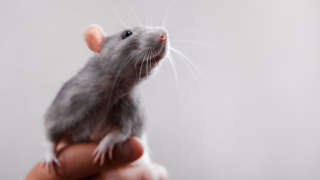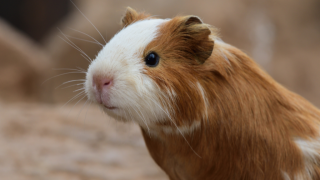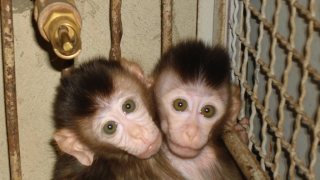People who are lonely are more susceptible to viral infections, according to a pointless US study in monkeys
Researchers in the USA studied ‘lonely like’ behaviour in rhesus monkeys and then gave them a viral infection in an attempt to prove their theory.1
It is already well-known that loneliness can have a serious effect on health, especially in older people. Previous studies in humans have shown that lonely older adults have a 14% greater risk of dying early from a weakened immune system.2
However, scientists in the USA, were clearly not satisfied with these results and set out to try to find out exactly why and how loneliness has such a negative effect on our bodies. To do this they studied the behaviour of a group of rhesus monkeys being held in captivity at the California National Primate Research Center.
The monkeys’ interactions with each other were used to categorise how socially isolated each of them was. The monkeys were repeatedly captured and forced to watch videos of either an aggressive adult male monkey or a young calm monkey. The monkeys were then given simian immunodeficiency virus (SIV), which is similar to HIV. They were also subjected to repeated blood and urine sampling. The researchers concluded that the SIV virus grew much faster in lonely monkeys. There is no mention of what happened to the monkeys at the end of the experiment.
The researchers also studied humans, as part of the same experiment, which raises serious questions over how useful these studies in monkeys really are.
According to the UK’s NHS, “This study has not proved that socially isolated humans are more likely to become ill or die earlier. It also does not confirm this is the only biological mechanism by which social isolation may confer an increased disease risk in humans. Feelings of loneliness and social isolation can be complex emotions that may be influenced by many personal, health and life circumstances”.3
Using monkeys in experiments when humans could be used is deplorable. Furthermore, looking for the biological mechanism behind how loneliness affects the body (in monkeys) is not important; what is important is ensuring that people who are lonely get the help and support that they need.
Sources:
- Myeloid differentiation architecture of leukocyte transcriptome dynamics in perceived social isolation. (2015). PNAS, doi: 10.1073/pnas.1514249112. Original article can be found here: http://www.pnas.org/content/early/2015/11/18/1514249112.abstract
- Loneliness alters the immune system to cause illness, study finds. (2015). Medical News Today, 24 Nov: http://www.medicalnewstoday.com/articles/303084.php
- Loneliness ‘may affect the immune system’. (2015). NHS, 24 Nov: http://www.nhs.uk/news/2015/11November/Pages/Loneliness-may-affect-the-immune-system.aspx












